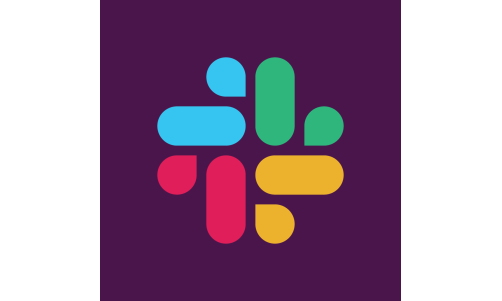Whether you're building a new app to dazzle consumers or you're making a members' space for your website, the digital infrastructure underpinning your project will need to be robust. It'll need to be scalable, which means it can handle additional traffic as more people become users. It'll need to be well-connected so that you're offering a seamless product experience. And it'll need to be secure so that the personal data of your customers and users is protected at all times. This guide is about how you can achieve these three objectives for your next digital project.
Scalability
If a new website or app isn't built to be scalable, it'll simply crash under the weight of new users without enough server space to store all of their data. This error of planning can spell the end of well-designed apps and websites, so it's an issue to be aware of and vigilant on.
There are a couple of key ways in which you can make a digital product reliably scalable. The first is to base much of your infrastructure on the cloud rather than on physical servers that you own and run. The cloud represents near-infinite processing space, so is the perfect place to build growing digital businesses. And you should also ensure you're working with APIs so that you can plug apps together in your back-end, outsourcing some of the digital infrastructures of your firm to other software vendors.
Interoperability
All apps and websites should be interoperable with other apps and websites. To give an example of what this looks like in practice, when you reach the checkout pages of a retail website, you'll notice that their payments infrastructure is interoperable with the likes of Visa, MasterCard, and PayPal. This connectivity helps consumers enjoy a seamless experience - and spend money on your site.
This principle should underpin much of the design of your fledgling digital ecosystem. So, for example, your consumers should be able to link their account to Google or Facebook and pay with any one of a variety of payment providers online.
Security
Many companies that build websites and apps require their users to verify their identities. This is the case, for instance, with banking apps or personal finance firms. Verification is a useful tool for most websites that hold valuable data and process high-value tasks. But to make this system secure, you'll need the help of identity verification providers.
These firms help you set up a secure, reliable, and robust system for processing the identities of those who join up to use your app or website. It'll ensure you know they are who they say they are - and will keep their data safe. In this sense, it's a win-win for consumers and the company, as identity verification ultimately builds trust. So, as you're working on your sign-up process, make sure you're working alongside a provider of verification technologies to help keep your product secure.
These three main tips will help you build a robust, long-lasting digital ecosystem to support the digital product you're creating - be that a website, an app, or a members-only forum.














